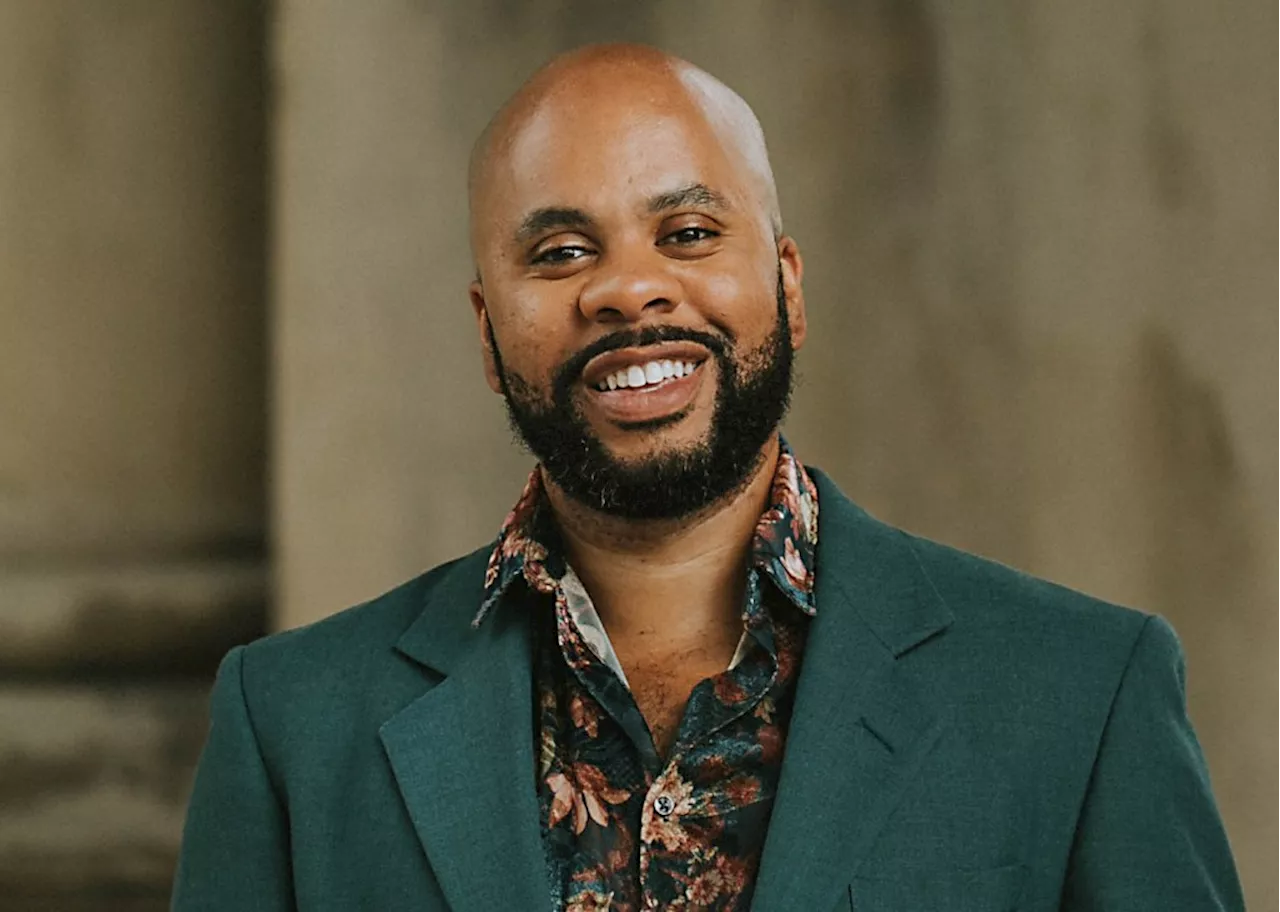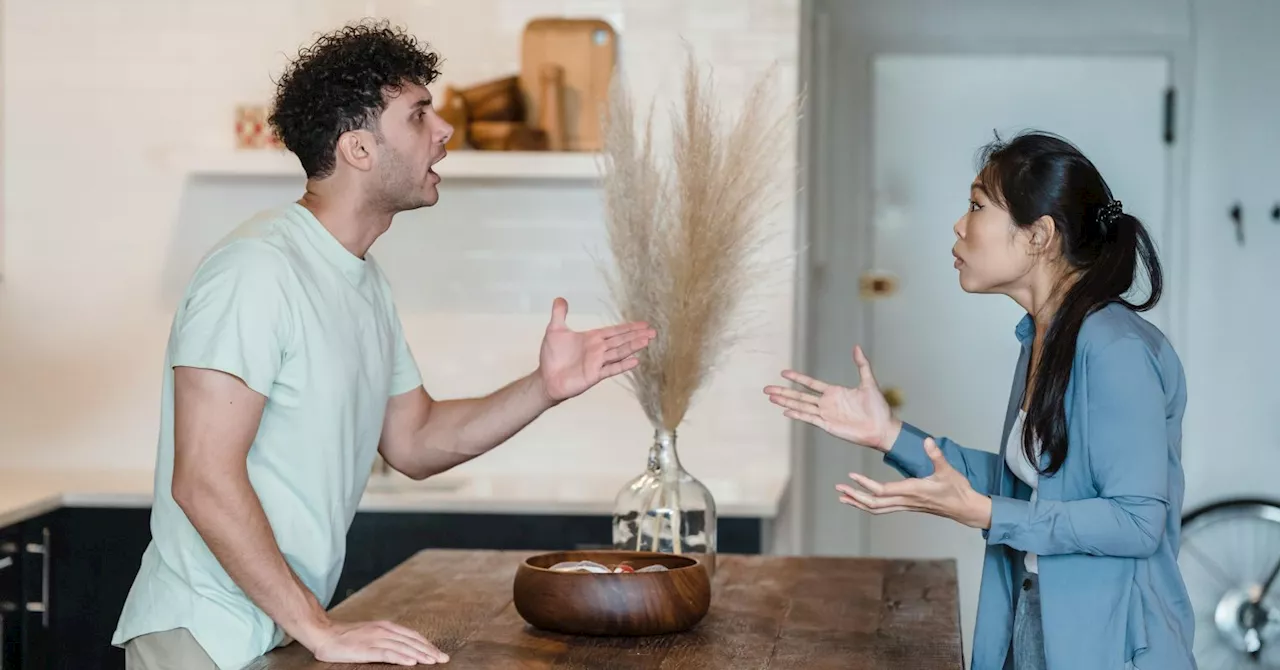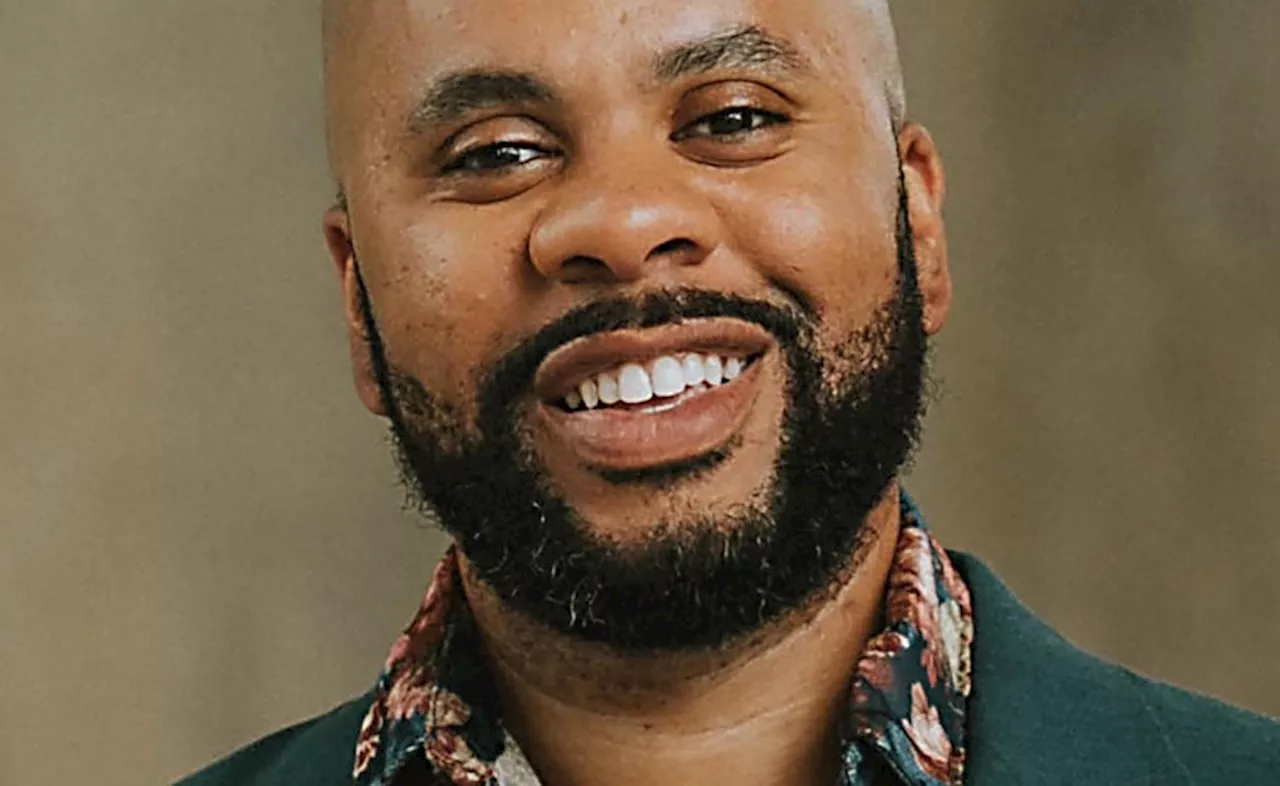This article explores how couples can navigate the inevitable changes and growth that occur in relationships. It emphasizes the importance of communication, self-reflection, and a willingness to evolve together.
Being open to the growth opportunity when there's change in a relationship brings resiliency to the bond. Nourishing what they do share in common and seeking a bigger purpose together helps partners to stay close. Like with all living things, our relationships are constantly evolving. The person we’ve become can look very different from who we were at the beginning of our relationship. Our needs and desires should naturally change, hopefully, as we grow closer to our true selves.
This is a good thing, right? Absolutely. Continued development is the source of true fulfillment and helps keep the energy flowing in your relationship. That being said, what if you and your partner have a different desire for growth, or you start to grow in very different directions? Growth can feel terrifying for one partner or both, particularly when it involves change that makes your beloved or the relationship feel unrecognizable. How can partners make sure they are growing together? First, we need to be able to name the changes we’re experiencing. Below are the most common pivots that, if not handled carefully, can cause partners to grow apart. See if any of these resonate with you: a shift in values, a desire to prioritize personal fulfillment, a transformation in career or lifestyle aspirations, or an increased need for independence. Each of these changes can be positive, but they can also lead to friction if not addressed openly and honestly. A desire discrepancy for personal growth can be particularly impactful. To surf the tides of change in your relationship, the big and small ones—starting with the power of your mind. Research on resilience supports this mind-outcome connection. Rather than resisting or judging the changes that are brewing, be curious. Self-reflect to understand what’s at the root of your concerns. Explore your fears to help you overcome them. Be open to how this process might ultimately help you grow and bring benefit to you and your partner. This “abundant mindset” sets you up for the best possible outcome. Don’t fall into the trap of viewing reality from a doomed state of mind. Pause. Breathe. Relax. (P.B.R.) Do what makes you feel grounded, and remember that evolving as partners is common and natural. We can’t get anywhere in our relationship without creating an approachable environment to talk—about anything. Day to day, but especially during difficult points in the relationship. It’s imperative to pick a time to engage when you feel calm. Partners need to open up with one another about their thoughts and fears, I offer the “Love Seat Listening Method” to help partners take turns sitting in the love seat. The idea is to make sure each partner feels fully heard and understood. Taking turns sitting in the love seat (metaphorically or literally) helps you slow down and allow each partner the time they need to open up without being interrupted. Partners can weather huge changes when they each feel valued, cherished, and accepted. This is the time to be in two places at once—venturing into your own discoveries and investing in making your partner a priority. Also known as differentiation, you can be autonomous while simultaneously maintaining a strong connection. Prioritizing your partner can include focusing on what you appreciate, cherishing them in a way they feel it, and accepting and loving them unconditionally. If you’re the partner who feels afraid of the changes you are seeing, try connecting with your heart to consider your partner’s deeper dreams or desires. Consider what they’re going through. If you’re the partner who is seeking change, take it slow, don’t judge, and have empathy for your partner’s feelings. Now is the time to get creative. You might already have activities or people in your life that bring you together. Put extra emphasis on these. Make a list of values you share. Take note of what you do, even in micro-moments, that makes you feel close. Try something neither of you has ever experienced before; it can be anything from taking a dance class to volunteering together. Through altruism increases desirability between partners. Join your heads and hearts together and brainstorm simple ways you can give together or support each other’s passions to make the world better. Growth and change are woven into the essence of who we are. Do your best to lean into what feels unpredictable and unfamiliar, with an eye toward personal growth. Sometimes, it’s necessary to let go of a relationship, and that’s OK, but give it time. Relationships go through many seasons. Know that it’s possible to find deep fulfillment together while managing considerable differences, especially when you open yourself to growing along the way
Change Growth Relationships Communication Resilience Personal Development
United States Latest News, United States Headlines
Similar News:You can also read news stories similar to this one that we have collected from other news sources.
 Navigating Parental Interference in Adult RelationshipsThe article discusses a situation where a couple is asked by their friend's mother to prevent her adult daughter from bringing her boyfriend over. It emphasizes the importance of respecting boundaries and avoiding getting involved in conflicts between parents and their adult children.
Navigating Parental Interference in Adult RelationshipsThe article discusses a situation where a couple is asked by their friend's mother to prevent her adult daughter from bringing her boyfriend over. It emphasizes the importance of respecting boundaries and avoiding getting involved in conflicts between parents and their adult children.
Read more »
 The Power of Acceptance: Navigating Differences in RelationshipsThis article explores the challenges of differing political views in personal relationships and offers practical advice on how to navigate these differences with grace and understanding. It emphasizes the importance of acceptance, open communication, and focusing on common ground.
The Power of Acceptance: Navigating Differences in RelationshipsThis article explores the challenges of differing political views in personal relationships and offers practical advice on how to navigate these differences with grace and understanding. It emphasizes the importance of acceptance, open communication, and focusing on common ground.
Read more »
 Unresolved Feelings and Rekindled Relationships: Navigating Past Hurts and Moving ForwardThis article delves into the complex emotions and challenges of reconnecting with people from a past marred by conflict and hurt. It explores the author's personal experience of losing friendships due to their past actions and the subsequent attempts at reconciliation. The article emphasizes the importance of self-reflection, understanding boundaries, and respecting the decisions of others while navigating the path to healing and growth.
Unresolved Feelings and Rekindled Relationships: Navigating Past Hurts and Moving ForwardThis article delves into the complex emotions and challenges of reconnecting with people from a past marred by conflict and hurt. It explores the author's personal experience of losing friendships due to their past actions and the subsequent attempts at reconciliation. The article emphasizes the importance of self-reflection, understanding boundaries, and respecting the decisions of others while navigating the path to healing and growth.
Read more »
 Navigating Discernment and Relationships TodayToday brings heightened sensitivity and a tendency to overanalyze. Minor issues may feel insurmountable, and it's crucial to avoid jumping to conclusions. Stay open to learning, but be wary of unreliable information. While seeking balance between daily responsibilities and long-term goals, remember to prioritize communication and avoid letting minor relationship hiccups escalate.
Navigating Discernment and Relationships TodayToday brings heightened sensitivity and a tendency to overanalyze. Minor issues may feel insurmountable, and it's crucial to avoid jumping to conclusions. Stay open to learning, but be wary of unreliable information. While seeking balance between daily responsibilities and long-term goals, remember to prioritize communication and avoid letting minor relationship hiccups escalate.
Read more »
 Navigating Post-DNA Test Relationships and The Ghosts of the PastA writer grapples with the implications of a DNA test revealing he is not the father of a child he has been raising. He explores how to navigate this change in his relationship with his ex, her other children, and potential future relationships. He also recounts his experience with friends who ghosted him during his struggles with addiction and now seek to reconnect, questioning whether he owes them an explanation for not responding to their requests.
Navigating Post-DNA Test Relationships and The Ghosts of the PastA writer grapples with the implications of a DNA test revealing he is not the father of a child he has been raising. He explores how to navigate this change in his relationship with his ex, her other children, and potential future relationships. He also recounts his experience with friends who ghosted him during his struggles with addiction and now seek to reconnect, questioning whether he owes them an explanation for not responding to their requests.
Read more »
 Navigating Difficult Family Relationships and Group DynamicsThis text explores two separate but equally challenging situations: dealing with a strained relationship with a mother and managing the shifting dynamics within a long-standing friend group. The first situation highlights the complexities of adult autonomy and setting boundaries with parents, while the second addresses the delicate process of exclusion and group cohesion.
Navigating Difficult Family Relationships and Group DynamicsThis text explores two separate but equally challenging situations: dealing with a strained relationship with a mother and managing the shifting dynamics within a long-standing friend group. The first situation highlights the complexities of adult autonomy and setting boundaries with parents, while the second addresses the delicate process of exclusion and group cohesion.
Read more »
